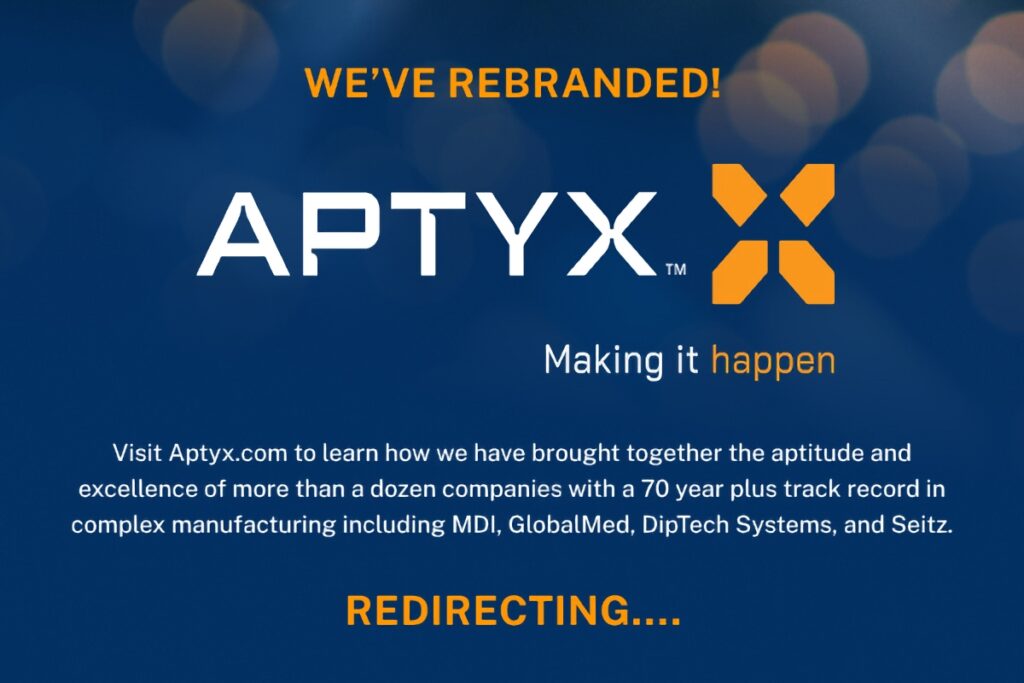You aren’t always able to inspect every area of a manufacturing facility. And even if you do get the grand tour, it’s hard to know for sure that what you observed actually reflects average day-to-day operations.
That’s why you want to look for manufacturing facilities that have quality certifications. Certifications indicate that a manufacturer had to prove — through paperwork, interviews, and inspections — that they are adhering to best practices within an industry.
Which certifications are both valid and most respected globally? The Switzerland-based International Organization for Standardization has the most widely used certifications around the world. ISO standards are both general, such as ISO 9001 that certifies your organization is meeting particular fundamentals associated with quality management, and specific, such as ISO 13485 that indicates a manufacturing clean room meets certain accountability and performance requirements.
The ISO does not, itself, ensure that manufacturers meet its requirements. ISO officials’ work is to create the standards; other accrediting bodies and companies in various parts of the world are tasked with conducting audits that determine if a facility does, indeed, meet or exceed those standards. In the U.S., a small handful of accreditation groups oversee the standards and offer certification.
In order to meet the needs of our customers, Molded Devices has pursued and become certified in the following areas.
ISO 9001: 2008 Certified
ISO 9001 certification essentially tells OEMs that your facility is very aware of maintaining quality standards and is continually seeking to improve the level of quality it provides during the manufacture of parts. There are eight areas that ISO 9001 certification focuses on:
- Customer focus
- Leadership
- Involvement of people
- Process approach
- System approach
- Continual improvement
- Fact-based decision making
- Mutually beneficial supplier relationships
An ISO 9001-certified facility keeps detailed documents on any procedures used for effective operation. Specifically, there are six areas where each facility needs to keep detailed records:
- Control of Documents (4.2.3)
- Control of Records (4.2.4)
- Internal Audits (8.2.2)
- Control of Nonconforming Product / Service (8.3)
- Corrective Action (8.5.2)
- Preventive Action (8.5.3)
Companies that are ISO 9001 certified also need to maintain a written quality policy and a quality manual that includes the documented procedures for operation.
ISO 9001 certification is not a “one and done” thing; companies must renew their certificates every three years. The standards for certification are also regularly evolving to reflect new technologies and methods for maintaining quality within an organization. More detailed ISO certifications are available for specific industries, such as computer software, petroleum and natural gas, and medical devices.
ISO 13485: 2003 Certified
ISO 13485 certification tells OEMs that their parts are being made in a clean room environment, which is required by makers of many medical devices in Europe, Canada, Australia, and Japan. Certification requirements are similar to the U.S. Food and Drug Administration’s Current Good Manufacturing Practices (CGMP).
Many of the quality requirements for ISO 13485 are similar to ISO 9001, but there is a specific focus on maintaining a clean environment. Certification is not dependent on any customer satisfaction feedback like ISO 9001, but the facility must show that it has effectively implemented and maintained the quality system necessary for ensuring the clean room stays clean.
ITAR Certified
Certifications, in addition to those created by ISO, may be important in your industry, and these are typically overseen by independent industry groups or even government agencies. For example, U.S. manufacturers who make high-end munitions or offer other defense-related products and information may need to become ITAR certified.
The International Traffic in Arms Regulations (ITAR) certification is administered by the Directorate of Defense Trade Controls (DDTC) at the U.S. State Department, and it exists to ensure that certain standards are followed in the making and selling of potentially dangerous items outside the U.S.
ITAR certification means, in essence, that your manufacturing facility is documenting materials and manufacturing procedures in its piece of the supply chain for defense-related materials and products.
Federal Firearms License
Manufacturers of weapons must also ensure that care is taken not only in manufacturing but in handling the finished products. A federal firearms license at each facility requires that records are kept to show how weapons and ammunition are managed hroughout the manufacturing process, as well as how they are sold and shipped.
At MDI, all our manufacturing is done in the U.S. and our quality documentation is second to none. Need a part manufactured with very specific requirements? We will work with you to get it right.


Recent Comments